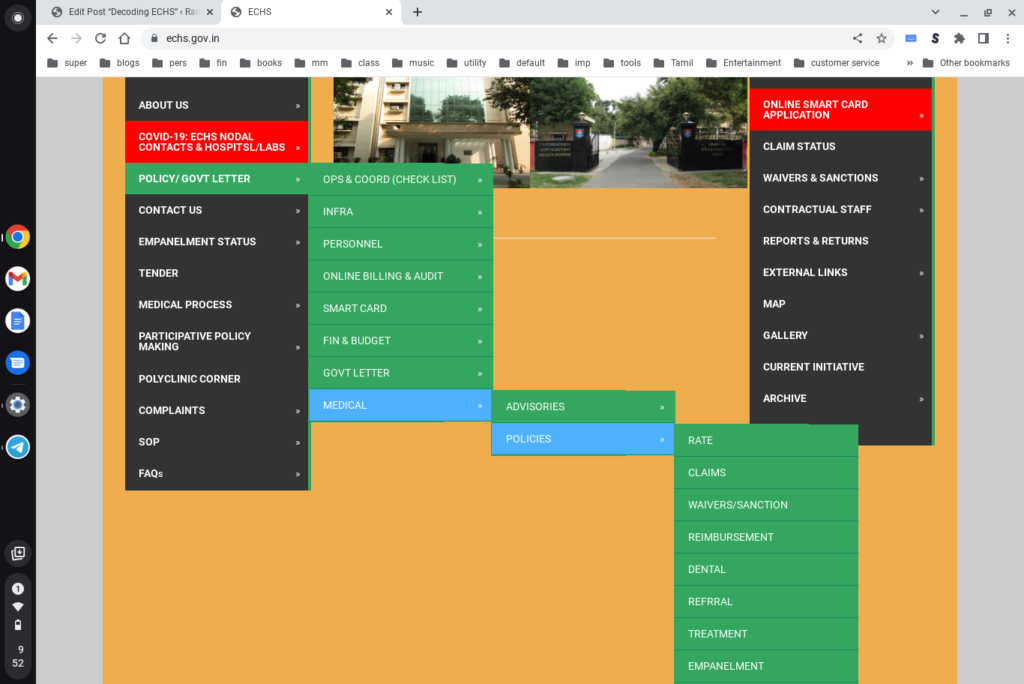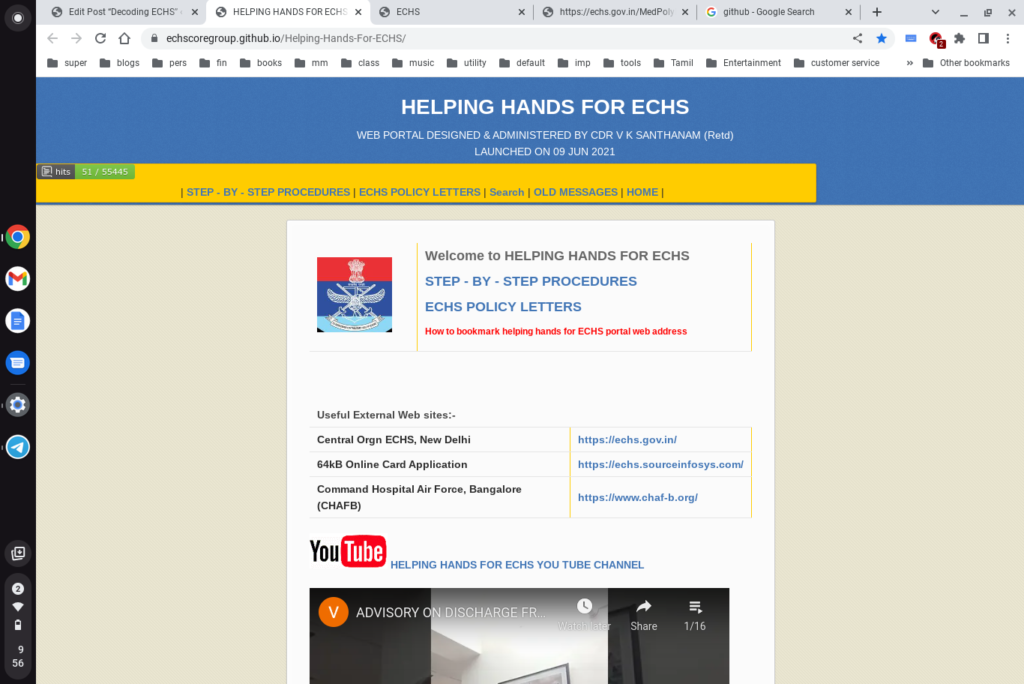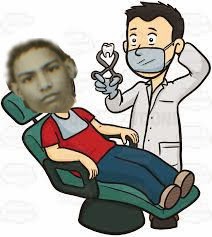Before ECHS came into being health care for ex faujis was simple . One simple command “Report to the nearest MH” did it.
Post ECHS, we nave so many terms , MH, polyclinic, empanelled hosp, non empanelled hospitals, OPD ,IPD, labs ( empanelled and non empaneled) and so on. A person from a cantonment like Mhow , more often than not ended up having to go to touch every base , in the right order at the right time for right test or treatment at the right price.
ECHS , in typical fauji style issues one short paragraph letters preceded by one page of references to previous correspondence over past decade.
The notice boards overflows with just the ‘current’ changes while the Red Book on ECHS rules has more amendments than original pages.
There are many attempts to compile these letters , in the form of web links , apps , folders and so on.
Sourcedot.com has come out with an app that can be accessed from here
I have installed, but have not been able to register.
ECHS web site has all the policy letters uploaded but there are too many letters and many are scanned documents not legible enough to read.
A link here

One Veteran has gone to GitHub to upload these letters, a valiant attempt to keep track of the policies that mutate faster than COVID 19 virus.
In my view, this is the best available platform today.

Incidentally, GitHub is a site used by software developers to keep track of versions.
then there are videos on youtube, where you can take your pick ; available in both English and Hindi. A few samples here.
There is more complexity in health policies sold by private insurance companies. Yet , they manage to condense their terms and conditions in 4-6 pages requiring no reference documents. It’s a different matter that sometimes the terms are literally condensed to micro print that they are hardly readable.
Why can’t we have ONE annual issue of a single document to spell out the rules for that year ?
Comments welcome.








